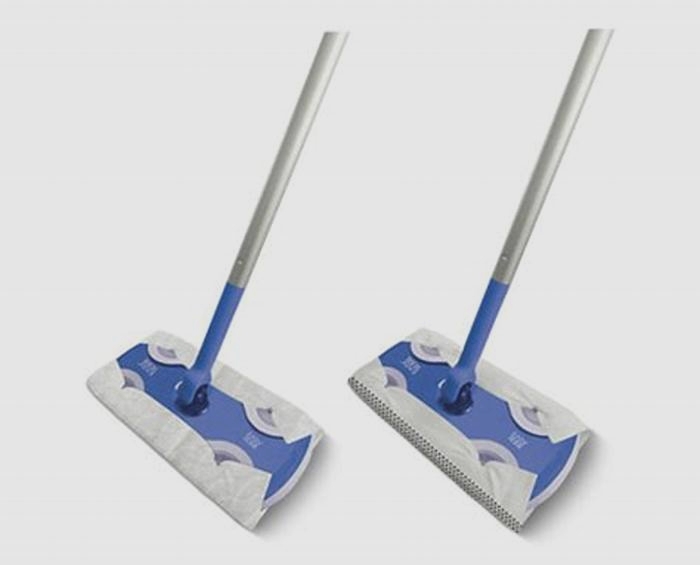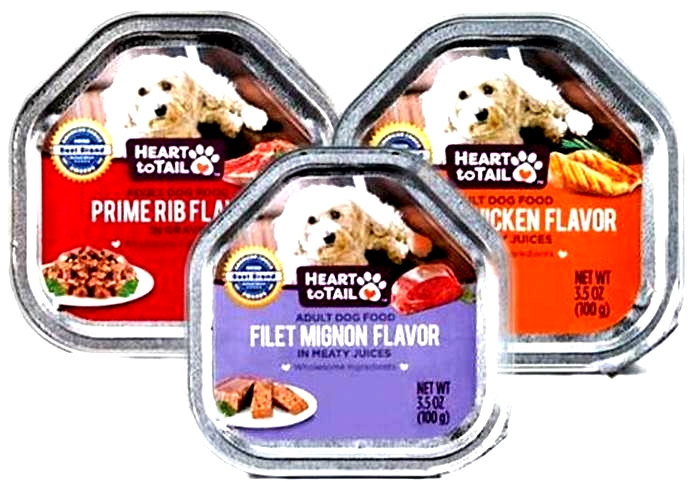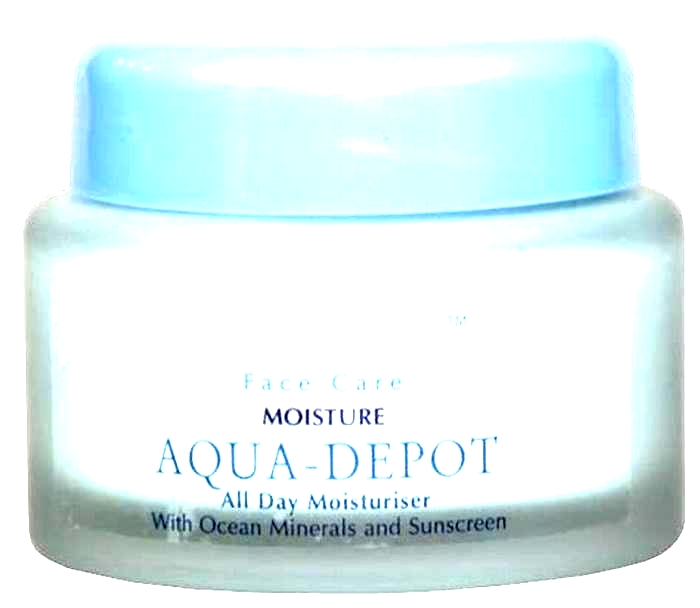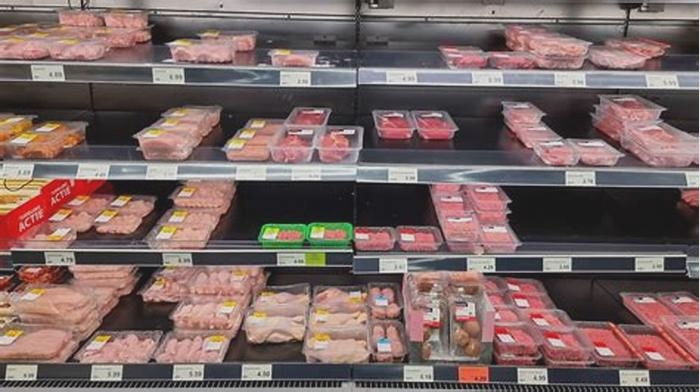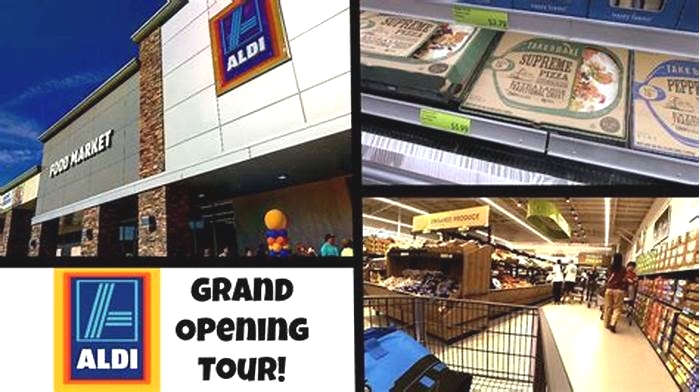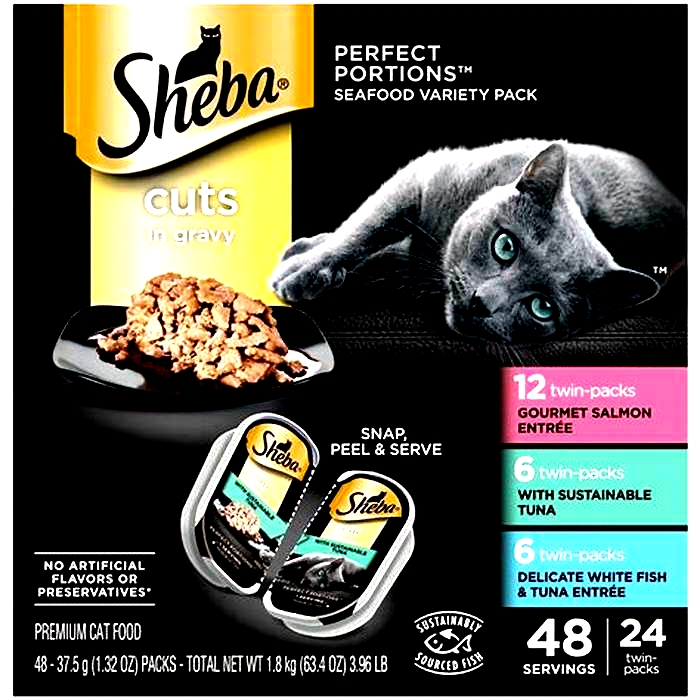aldi description
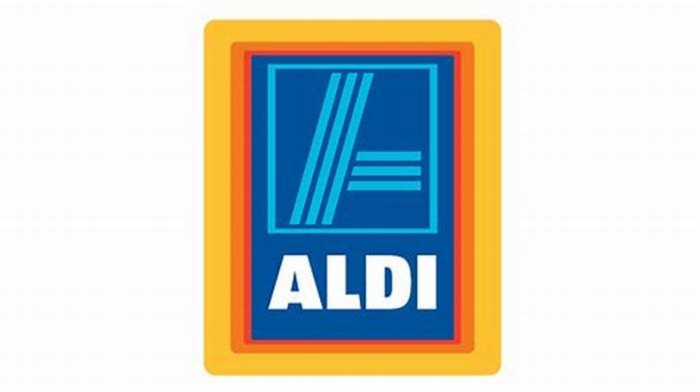
ALDI
ALDI is a grocery store company that first opened its doors in Germany in 1961. The Albrecht family founded the grocery store with aims to simplify the grocery store experience and offer far lower prices than competitors. Today, ALDIs headquarters is in Batavia, Illinois. Its first United States store opened in Iowa in 1976. Since, the company has grown to over 2,000 ALDI stores in 36 states with 25,000 committed employees.
ALDI isnt a typical chain grocery store. ALDI focuses on volume purchasing the products customers need most, so prices stay low and folks are never left searching for what they need. ALDI also presents most products in its stores in their original shipping containers, saving major time and resources and ensuring efficiency and quality. Ninety percent of ALDIs offerings are exclusive brand products that ...
ALDI Careers - Welcome to More.
Were ALDI, one of Americas favorite grocery stores. And we're charting an aggressive growth course to become the third-largest U.S. grocery retailer by store count by the end of 2022. But that's just the beginning. Our plans for expansion are as ambitious as you. More storesmeansmore opportunities for you to grow your career in a stable industry and have an impact on your community.
Stores like ours are more important than ever. Were proud of the hard work and dedication of our essential employees who continue to keep our shelves stocked and keep our customers coming back again and again. See how you can make a difference on our passionate, collaborative and award-winning team today.
At ALDI, our culture is based on empowering all of our people to achieve remarkable things and working together for our customers and our community. Our team-oriented environment rallies to support every member of the ALDI family. From our stores to our warehouses and from our national services teams to our divisional offices and District Managers, were all committed to providing exceptional products and services to our customers.
See how Karla has made a rewarding career at ALDI. Our stores, warehouses and offices are filled with hardworking individuals who are dedicated to our purpose and our customers. Want to know what its like behind the scenes? Spend a day in the life with some of the ALDI team.
When you join our team, youll discover our benefits are just like our people extraordinary. We offer our employees the perks and benefits they need to help them excel in life inside and outside of work. From competitive wages to training and retirement savings to group medical coverage, well help you succeed now and into the future.
From support and benefits, to camaraderie and opportunities, every day youll feel like an important part of our team. To learn more about the work environment and culture at ALDI, viewvideo testimonialsfrom real ALDI employees!
Here at ALDI, the interview process varies based on the type of department and team. To learn more about the interview & hiring process for our store, warehouse and office positions, please visitourInterview & Hiring Processpage.
With available positions ranging from store to warehouse to office, theres always opportunity for more with ALDI!Find a career paththat interests you in the following departments: Store, Warehouse, IT, National Services & Divisional office.
Prior to an interview, ALDI advises its candidates do the following:
- Do your research Make sure you understand ALDI and the job requirements.
- Arrive early Try to arrive 10-15 minutes before your scheduled interview to allow yourself time to get settled.
- Come prepared Research common interview questions and brainstorm your answers. Prepare questions for your interviewer, to show you are interested in the position. Also, be sure to bring extra copies of your resume, and a pen and paper to take notes.
- Follow Up Kindly follow up with your interviewer(s) by sending a thank you email or handwritten note, thanking them for their time and expressing your interest in the position.
Looking to apply for a job with ALDI? Thats great news! You can submit your resume for a specific position onourcareers website! You can also view allavailable job opportunities. To submit a resume, visit the job posting you are interested in and click Apply Now.
Aldi Group - Company Profile, Information, Business Description, History, Background Information on Aldi Group
- Reference for Business
- Company History Index
- Food Products
- ,
- Food Services and Retailers
Aldi Group - Company Profile, Information, Business Description, History, Background Information on Aldi Group
Eckenbergstr. 16D-45307 EssenGermanyHistory of Aldi Group
Privately held by brothers Theo and Karl Albrecht, Aldi Group is Germany's leading grocery store chain and a top competitor in the global retail food industry. Cited by some as Europe's largest retailer, the chain has found success by going against virtually every standard of supermarketing, from its legendary reticence to the "Spartan atmosphere" of its stores. By the early 1990s the company operated an estimated 3,000 stores under the Aldi, Hofer, and Combi names in Germany, the Netherlands, Belgium, Denmark, Austria, the United States, France, and the United Kingdom.
Established in 1913 in Germany, Aldi operates what are known in the grocery business as "limited-assortment" stores or "hard discounters." Aldi has taken this retail concept, which features low overhead and scanty selection, to its leanest, meanest extreme. Unlike the vast majority of supermarket chains, which are continuously increasing their product offerings and selling space, Aldi holds selection at its stores to about 500 items. The bulk of these items are packaged grocery or dry goods. All other grocery formats carry at least ten times Aldi's typical 500-item lineup. Up to 95 percent of Aldi's offerings are sold under private or packer labels, and some of these products are made expressly for the chain. A 1993 examination of the limited-assortment niche noted that successful discounters (like Aldi) work closely with manufacturers to design products that are cheaper to transport, stock, and sell than name-brand goods. National brands are sometimes offered, but many industry observers speculate that Aldi only stocks them to highlight its own discounts.
By limiting consumer choice, Aldi saves money in several ways. Aldi stores are correspondingly small--usually 8,000 to 15,000 square feet--compared to the 50,000 to 125,000 square feet typically utilized by competitors with larger catalogs of items. Aldi's outlets also bypass expensive barcode scanners that are used by other stores to inventory and price products. Instead, a stockperson (who may double as the store's manager) simply sets out cases of goods, opens them, and posts a sign with the price nearby. Cashiers memorize price lists, and some sources claim that they're quizzed on their knowledge of the store's prices. Aldi's decision not to sell fresh meat also saves the company money because it is able to avoid steep refrigeration costs as well as the high wages demanded by meat-cutters' unions.
Aldi keeps labor costs low in other ways, too. Shoppers are charged four cents per bag and must bag their own groceries. Customers can "rent" a shopping cart for 25 cents; they get their quarter back when they bring the cart to the front of the store. Under this system Aldi doesn't have to pay someone to collect carts in the parking lot or replace stolen ones. The company even keeps the telephone numbers of their stores unlisted so that employees don't "waste" time answering the phone. Aldi-style austerity holds labor costs to an estimated four percent of store sales, compared to ten percent to 12 percent for most supermarkets.
Although precise figures on Aldi's financial performance are not available, limited-assortment stores in general are known to garner gross margins of about ten percent, compared to 26 percent for the average supermarket. Limited-assortment stores make up for this low gross margin by stocking only fast-moving products, thereby making more inventory turns than a typical supermarket. In 1989 Carol Fischman estimated in Supermarket News that limited-assortment stores made nearly twice as many annual inventory turns than the average supermarket. An examination of the industry by the Economist in 1993 noted that hard discounters also enjoy a favorable cash flow because they often sell their goods before suppliers' bills come due.
An anecdotal example of this extraordinary volume of goods sold was cited by Suzanne Bidlake in 1989 in Marketing. She quoted an unnamed competitor who claimed that, although Aldi "only sells one flavoured yoghurt, it sells more yoghurt than anyone else in Germany." Aldi also enjoys tremendous success with a variety of other goods. Aldi's Tandil laundry detergent led the German market in volume in the early 1990s, and industry observers have asserted that some of Aldi's canned goods have more than a 50 percent market share. As a result, a 1993 Forbes article estimated Aldi's net U.S. profit margin at 1.5 percent of sales, nearly double the industry average.
Jon Hauptman of Willard Bishop Consulting Ltd. in Barrington, Illinois, reported that Aldi's many efficiencies gave its customers 24 percent savings over membership in a warehouse club during the early 1990s. Hauptman noted in the Business Journal-Milwaukee that Aldi's "low prices attract people because it creates a lot of excitement and heavy word-of-mouth advertising," thereby allowing the chain to eschew traditional--and costly--media promotion. Hauptman also asserted that the Aldi phenomenon was not simply recession-driven, but that "no matter what happens to our [U.S.] economy, there is going to be 20 percent or more of the population that is going to find Aldi pretty attractive from a price standpoint." Although it does not use advertising regularly, Aldi has been known to position itself as "The Stock-Up Store" in infrequent print and television placements.
Maintaining an attractive facade isn't a priority at Aldi stores. Instead, the company often purchases second-rate locations as part of its cost-cutting strategy. Harsh strip lighting emphasizes the "pile it high, sell it cheap" atmosphere of which Aldi seems proud. Mark Kass of the Business Journal-Milwaukee quoted from a rare company brochure in July 1994 that summarized Aldi's philosophy: "When you buy a can of peas at Aldi, you're paying almost entirely for the can of peas. Aldi doesn't need to tack on one more penny to pay for any army of stackers or piped-in music or fancy display or check cashing or gimmicks and games. So your food dollar pays for what it's supposed to pay for ... food."
To some consumers, the low-budget ambiance is a turn-off. Fiona Gilmore, managing director of Great Britain's largest design consultancy, Michael Peters and Partners, told Suzanne Bidlake of Marketing that Aldi's stores were so depressing that "people charge around the shelves to get out as soon as possible." Other analysts, however, count the chain's counter-culture aura as one of its most powerful selling points. Industry observer L. Craig Carver speculated in a 1989 interview with Richard Turcsik of Supermarket News that "certain customers are overwhelmed by the large formats and wide selections offered by modern superstores. They are intimidated in large stores and prefer the lack of assortment."
The Aldi Group's management executives have long been regarded as reticent and secretive, and the chain's policy of evading the press is widely known. The international chain's reserved reputation is attributed to its founders and owners, Theo and Karl Albrecht. A June 1992 Supermarket News story reported that the Albrecht brothers hadn't been seen in public "for many years."
In a characteristically brief 1989 phone interview, Aldi's United Kingdom Managing Director Trevor Coats told Suzanne Bidlake of Marketing that "we're not being mysterious at all. Its just that we're one of the largest retailers in Europe and we don't want to discuss our business with the media." In fact, the company's policy of secrecy--which is nevertheless often broken by "unnamed sources close to the company"&mdash⟩pears to be a key part of its competitive strategy. Jim Baska, the president and CEO of Associated Wholesale Grocers, operators of a U.S. limited-assortment chain, told Supermarket News' Richard Turcsik in 1989 that "it's when limited-assortment stores are ignored that they proliferate and become ubiquitous in the market. If they're taken seriously by the competition, limited-assortment stores won't grow or be a threat in any given market." Marcia Berss of Forbes concurred, noting in her 1993 coverage of the chain, "Why let competitors in on a good thing?"
Aldi's stealthy and successful international expansion to its present stature was undertaken gradually. Originally founded in 1913, the company refined its strategy and built up significant reserves in the post-World War II German grocery market. Aldi quietly expanded into other areas of Europe. The company made a big impact in Belgium, where analysts estimated the chain had 260 stores and US$1 billion sales by 1992. The private company also garnered approximately five percent of the grocery business in the Netherlands in the early 1990s. In addition, Aldi set up about 130 outlets in Austria and another 110 in Denmark. But while Aldi established its presence in a number of neighboring countries in the latter half of the twentieth century, its home country remained its primary market. By the late 1980s Aldi operated about fifty separate companies, which in turn ran over 2,000 stores in West Germany alone. Estimated sales of DM17 billion to DM20 billion (US$9.3 billion to US$10.99 billion) ranked the chain as that country's top food retailer with about 13 percent of the grocery market.
The 1970s and 1980s were marked by Aldi's initial attempts to establish itself in three key international markets: the United States, the United Kingdom, and France. Aldi established its U.S. arm in 1976, when limited-assortment stores first gained a foothold. At that time, other national retailers in the country, including the Great Atlantic and Pacific Tea Company (A&P), Kroger Company, Jewel Food Stores, and Dominick's Finer Foods, experimented with the format. All of those companies eventually abandoned the concept.
Aldi's first American outlets were launched in rural areas of the Midwest. A warehouse was established in Batavia, Illinois; the company's U.S. headquarters was still located at the site in the early 1990s. Less than a decade after opening its first store in the United States, Aldi had nearly 150 stores in Illinois, Indiana, Iowa, Kansas, Missouri, and Wisconsin. New distribution hubs were installed in Kansas, Iowa, and Missouri, and warehouses in Indiana and Ohio were completed by the end of the decade. By 1989 U.S. sales estimates ranged from US$515 million to US$780 million.
The company increased the pace of U.S. expansion in the late 1980s and early 1990s, expanding from its base in the Midwest to the East Coast. The company began construction of a huge warehouse outside Allentown, Pennsylvania. The distribution center was slated for completion by mid-1994, and Aldi officials informed local planners that they expected the building to be operating at full capacity--and therefore supplying 60 new stores--by the turn of the century. Analysts estimated that Aldi's American operations increased from about 200 stores in 1990 to nearly 400 in 1993, a year in which the grocery chain registered sales of approximately US$1.2 billion.
Aldi made its first foray into the British market in 1989. Some observers surmised that the chain was well-prepared to exploit that country's high-margin grocery industry, especially in light of the general economic downturn that hit the United Kingdom in the late 1980s. Others noted that Aldi was bigger than any of the country's indigenous chains, had more buying power, enjoyed lower overhead costs, had "deep pockets," and was not answerable to shareholders. Nonetheless, some analysts questioned the chain's prospects for success there. Fiona Gilmore correctly predicted in Suzanne Bidlake's 1987 Marketing piece that Aldi would have a tough time appealing to British shoppers accustomed to posh supermarkets and national brands. It was rumored that Aldi had hoped to open 200 outlets from 1989 to 1994, but the company fell short of that mark by almost 100 stores.
In order to survive in the United Kingdom, Aldi made a dramatic deviation from its own-label policy. Marketing reported in 1990 that a "source close to the secretive company revealed ... that Aldi has 'come to the conclusion that the UK market, and the discount market in particular, is very brand sensitive.' Thus 'they will have to stock predominantly national brands."' Aldi also found its adaptation to Britain's harsh market conditions hindered by Kwik Save, a fierce "soft discount" competitor. Kwik Save helped head off Aldi's expansion in the early 1990s by acquiring 100 stores. This maneuver made the efforts of the German firm to secure a healthy base for growth considerably more difficult.
Undaunted, Aldi continued to adapt to market conditions. In 1991 the chain forged an agreement with Britain's Gateway Foodmarkets Ltd. to establish outlets on the latter's sites. The partners hoped that their cooperation would be mutually beneficial--Aldi's exceptionally low prices would attract new customers to Gateway's stores, which could then fill in the gaps left by the discounter's scanty selection. Both rivals and analysts claimed that the cooperative venture was just another sign of the chains' inherent weaknesses in the face of market pressures.
Expansion in France was difficult as well, hampered by heavy price competition from entrenched rivals like Leclerc and Intermarche. David Shriver, an analyst with County NatWest (London) told Mark Tosh of Supermarket News that "to create a real differential in terms of price, Aldi has had to lower gross margins [in France] even more than it has had to in the U.K." As a result, Aldi only had an estimated 37 stores there by 1992.
Setbacks in Great Britain and France fueled skepticism about Aldi's invulnerability. Some attributed the chain's German success to historically restrictive market conditions that did not necessarily exist in other countries. Others surmised that economic recovery would spell the demise of limited assortment chains forced to "cannibalize" each other's market share. For its part, Aldi appeared to turn its attentions to Eastern Europe. In the former East Germany it built distribution centers and set up temporary "teaser" stores.
While Aldi has experienced uneven success in its efforts to expand its influence around the world, its activities have had a pronounced effect. Aldi's pioneering internationalization, as well as the competitive threat it posed, spurred the transformation of the global retail food industry. In 1993 the Economist confirmed that "cross-border mergers, acquisitions and alliances in [European Community] food-retailing, almost unknown a few years ago, are already growing. They could soon soar as companies seek pan-European economies of scale in areas like logistics as a response to cut-price competition. Those that stand still could find themselves right in the discounters' sights."
Additional Details
- Private Company
- Founded: 1913
- Employees: 20,000
- Sales: $US21 billion (1993)
- SICs: 5400 Food Stores
Further Reference
"Aldi Reverses Policy to Compete in the UK,"
Marketing,March 1, 1990, p. 3.Bennett, Stephen, "Right for the Times,"
Progressive Grocer,November 1993, p. 57.Berss, Marcia, "Bag Your Own,"
Forbes,February 1, 1993, p. 70.Bidlake, Suzanne, "Counter Revolution,"
Marketing,July 6, 1989, p. 22."Business: Europe's Discount Dogfight,"
Economist,May 8, 1993, pp. 69-70.Fallon, James, "Aldi's European Stores Offer Price,"
Supermarket News,August 31, 1987, p. 33.Giles, Martin, "Store Wars,"
Economist,December 4, 1993, pp. SS5-SS7.Kass, Mark, "Aldi Quietly Spreads its No-Frills, Low-Price Grocery Message,"
Business Journal-Milwaukee,July 2, 1994, p. 2A.Mitchell, Alan, "Aldi and Gateway Seal Site Deal in Move that Puzzles Supermarkets,"
Marketing,December 12, 1991, p. 5.Schwarz, Michel, "Land of the Giants,"
Marketing Week,September 24, 1993, pp. SS14-SS17.Tosh, Mark, "The Quiet Giant,"
Supermarket News,June 1, 1992, p. 1.Turcsik, Richard, "They're Back: Limited-Assortment Stores,"
Supermarket News,September 25, 1989, p. 1.Zimmerman, Susan, "New Aldi Depot Heralds One-Third More Stores?"
Supermarket News,August 31, 1987, 1.

